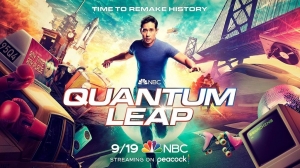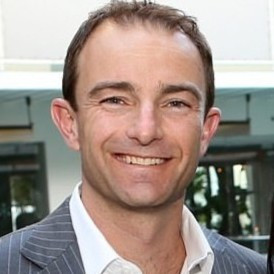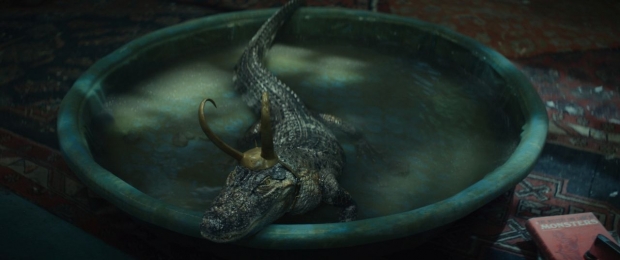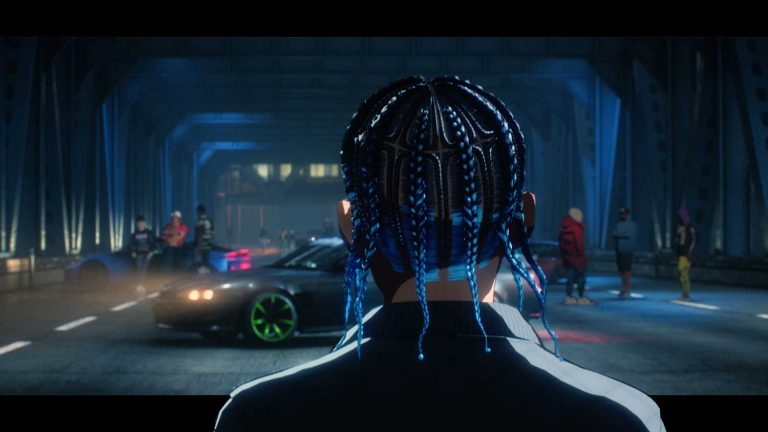Legion’s creative team included Hattin as the VFX supervisor; Smalley as VFX producer; Blake Anderson as CG supervisor; Matthew Noren as senior VFX coordinator; Joseph Soloway as VFX QC coordinator; Nolan Conrad as digital compositor with Eugen Olsen as senior digital compositor; Ruy Delgado as tracking artist; and Dylan Yastremski as chief technology officer.
Legion created complex digital environments integrating 2D and 3D assets across several episodes. The ability to efficiently produce large volumes of high-quality digital assets that align seamlessly with the look and texture of practical footage was key to the production.
The series is executive produced by Bellisario alongside producer Tracy Baird. Other executive producers are Deborah Pratt; Thor Freudenthal; Dean Georgaris; Martin Gero (showrunner); Chris Grismer; Bryan Wynbrandt; Robert Hull; and Steven Lilien. Co-executive producers include Aadrita Mukerji; Deric A. Hughes; Drew Lindo; Benjamin Raab. Tim Scanlan and Meg Fister produce with Ethan Henderson as associate producer.
The initial CG work for the first episode, “July 13th, 1985,” called for sets built on a backlot at Universal Studios to be digitally extended, creating expansive cityscapes replicating bustling downtown Philadelphia – circa 1985. The final shots were captured with large greenscreens strategically positioned at the end of short stretches of fabricated streets and replaced with renderings of historically accurate buildings and signage. Animated pedestrians and vehicles move in sync with the pace of the city.
VFX Legion is currently working on effects for upcoming episodes of Quantum Leap. The series’ first season is currently airing on NBC Television Network and available for viewing on the Peacock Streaming Platform.
“The advantage of real-time remote production remains essential to VFX Legion’s ability to provide films and episodic series with a resource that clients can rely on to meet their visual effect needs,” explained Smalley. “Leveraging exceptional talent, strategic workflow, and tools that accelerate the production cycle enabled Legion to meet the show’s tight deadline while leaving more time to focus on elevating shots beyond the client’s asks.”
VFX Legion’s international team recently delivered 24 key shots for the first episode of NBC’s new series, Quantum Leap, creator Donald P. Bellisario’s revival of the 1990s sci-fi cult classic. The series picks up 30 years after time-traveler Dr. Beckett (Scott Bakula) stepped into the Quantum Leap accelerator and disappeared with a new team restarting the project. The story follows lead physicist Dr. Ben Song (Raymond Lee) on an unsanctioned leap through time and space to a succession of locations – navigating new challenges while trying to find his way back to the present.
He added, “Our team met the even more challenging accelerated deadline with ease, thanks to the flexibility and real-time connectivity of Legion’s cutting-edge remote pipeline – and the caliber and scale of our tightly integrated collective of extraordinary senior talent.”
Source: VFX Legion
“Eugen is a top-tier compositor committed to finding innovative solutions that maximize the potential of technology and elevate visual effects,” said Hattin. “He embraced Unreal Engine early on, tapping the efficiency and power of the real-time 3D tool to accelerate the remote production of photoreal visual effects. Eugen’s skill as an artist coupled with a forward-thinking approach to remote visual effects production makes him a great fit with Legion and our company’s ethos – as well as an invaluable to this project.”
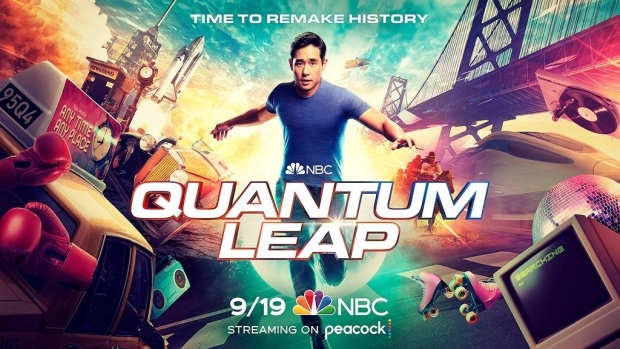
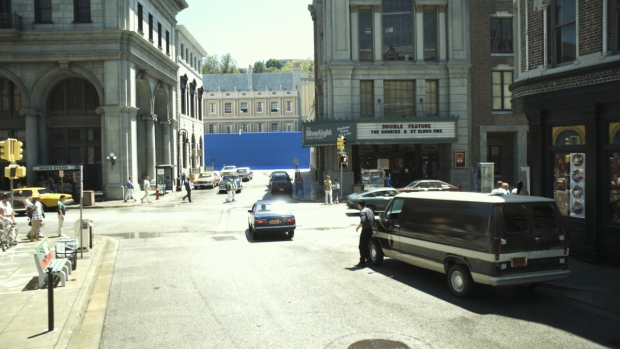
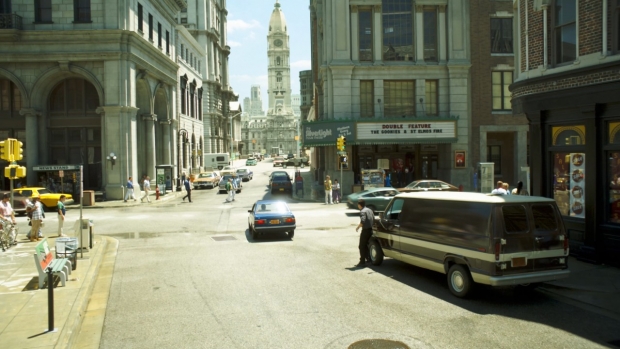
Debbie Diamond Sarto is news editor at Animation World Network.
Legion VFX drew on its international roster of vetted talent, including Eugen Olsen, an experienced lead compositor based in Johannesburg, South Africa, working with a small team under his banner, Alpha VFX. Using Unreal Engine as a primary tool that integrates with Legion’s pipeline, Unreal-enabled shots were rendered in real-time – optimizing efficiency and making it easy to adjust workflow and enhance shots further down the pipeline.
Olsen has been one of Legion’s core remote team members for nearly five years. He has collaborated with Legion’s supervisors, producers, and artists on visual effects for dozens of films and television episodic shows over the years – from Scandal (2015-2018) to recently released films, including Ambulance (2022), DMZ (2022), and The Black Phone’ (2021).
Check out the Quantum Leap VFX Breakdown Reel and then learn about how some of the work was done.
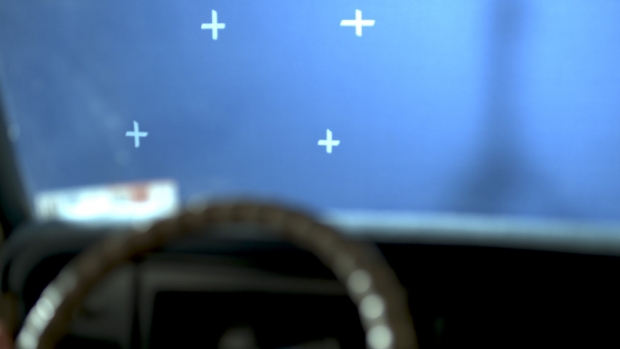
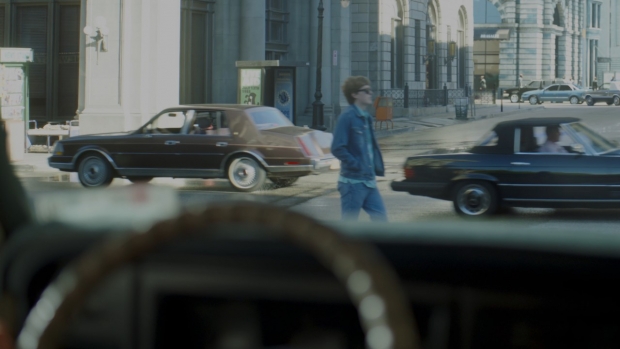
[embedded content]
“The pilot was scheduled to premiere September 19th, giving us a three-week deadline – more than enough time for our team to deliver the scope and caliber of shots the show demanded,” noted Hattin. “However, that window was cut down to one week when a promo incorporating several of Legion’s visual effects was slated to air during the NFL pre-season games.”
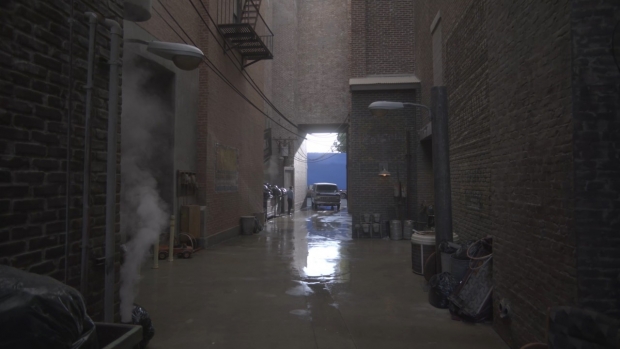
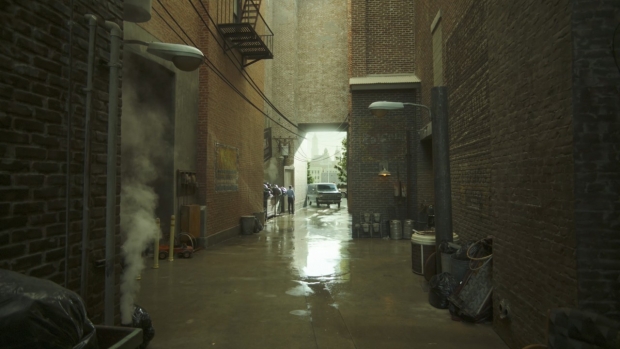

Legion co-founders VFX supervisor James David Hattin and VFX producer Nate Smalley assembled and led a team from the studio’s local and international collective of artists. Working as an integrated unit, Smalley and Hattin provided creative direction, guiding artists through every phase of the production process.
